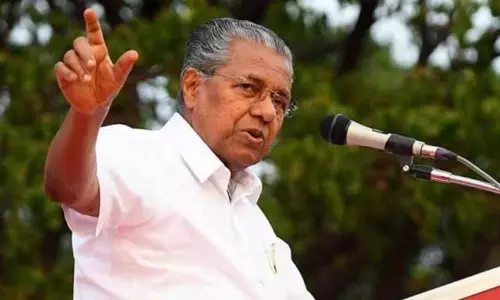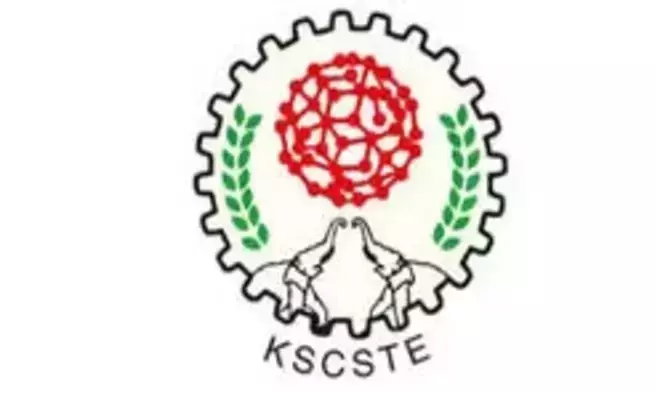
Kerala to set up traditional knowledge authority under revised IPR policy
text_fieldsThiruvananthapuram: After 17 years, Kerala's Intellectual Property Rights (IPR) Policy is undergoing a major revamp, introducing a Traditional Knowledge Authority, a Docketing System, and the launch of Mission IPR to enhance IP administration.
The draft IPR policy, developed by R S Praveen Raj, Senior Principal Scientist at CSIR–National Institute of Interdisciplinary Science and Technology (CSIR-NIIST), outlines extensive reforms to modernise the state's IP governance framework. Intellectual Property (IP) is described as the "Product of Mind," with IPR granting creators legally enforceable exclusive rights for a limited duration.
Key proposals in the draft include establishing an IPR Academy and integrating intellectual property education as a mandatory subject in schools and universities.
"The 2008 policy primarily focused on the protection of traditional knowledge. Now, we aim to expand its scope by aligning it with the National IPR Policy. The current effort is more about reinforcing existing rights while broadening the policy's reach," said Praveen Raj to PTI.
"The commodification of indigenous knowledge without appropriate recognition or compensation poses serious ethical questions. The government is committed to preventing both direct and indirect misappropriation of traditional knowledge, which forms a vital part of our cultural heritage," the draft policy states.
"The focus of IPR Policy 2008 was traditional knowledge protection. The scope of this document is proposed to be broadened in line with the National IPR Policy, 2016. I presented my draft of 'IPR and Traditional Knowledge Policy 2025' at the brainstorming meeting held last month," Raj, who also serves on the state-appointed panel for revising the policy, said.
The IPR Policy drafting committee has been directed to refine this zero draft," he added.
He further said the draft proposes to include IPR as a mandatory subject in university and school curricula. An IPR Academy is also on the anvil.
"The Traditional Knowledge Docketing System (TKDS), 'Mission IPR', and the Kerala Traditional Knowledge Authority (KTKA) are other key highlights," Raj noted.
To protect Kerala's heritage, the revised IPR Policy proposes a Traditional Knowledge Docketing System (TKDS) to document details like the geographic location, communities involved, nature of the knowledge, and associated protocols. The draft also mandates research organisations and educational institutions, including schools, to establish IPR Cells and IP Management Committees.
The Kerala State Council for Science, Technology and Environment (KSCSTE) has formed a six-member committee, led by N. Anilkumar, Chairman of the Kerala State Biodiversity Board, with Praveen Raj as a member, to draft the policy. Kerala's first IPR policy in 2008 introduced the concept of "knowledge commons" for traditional knowledge, ensuring it remains within this domain rather than the public domain.
The comprehensive revision aligns with the National IPR Policy (2016) and addresses emerging challenges, following a 2024 directive from the Department of Science and Technology for states to create policies consistent with the national framework.
(inputs from PTI)


















